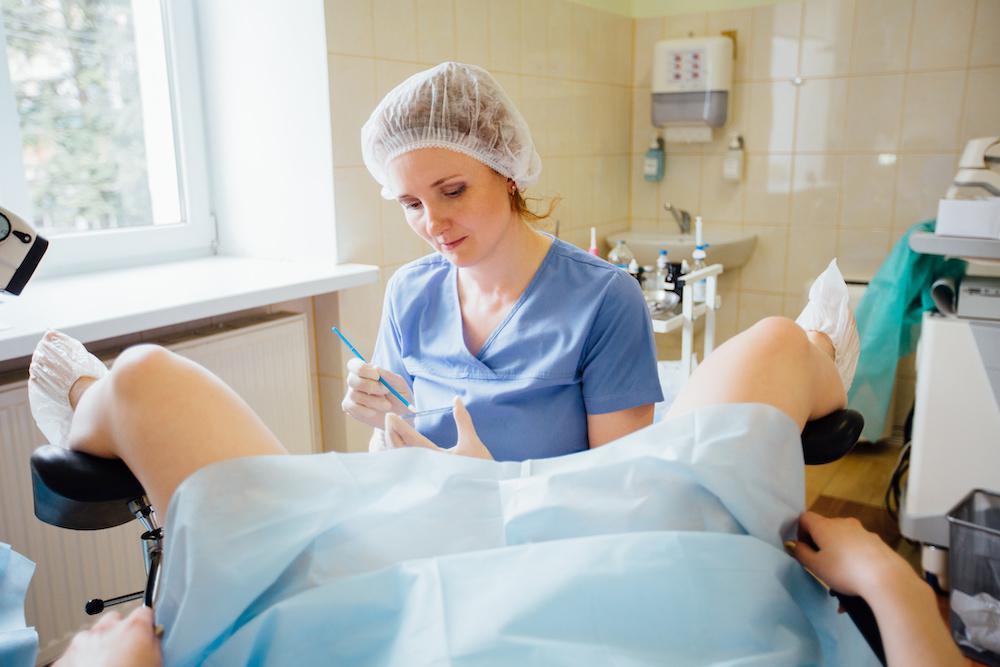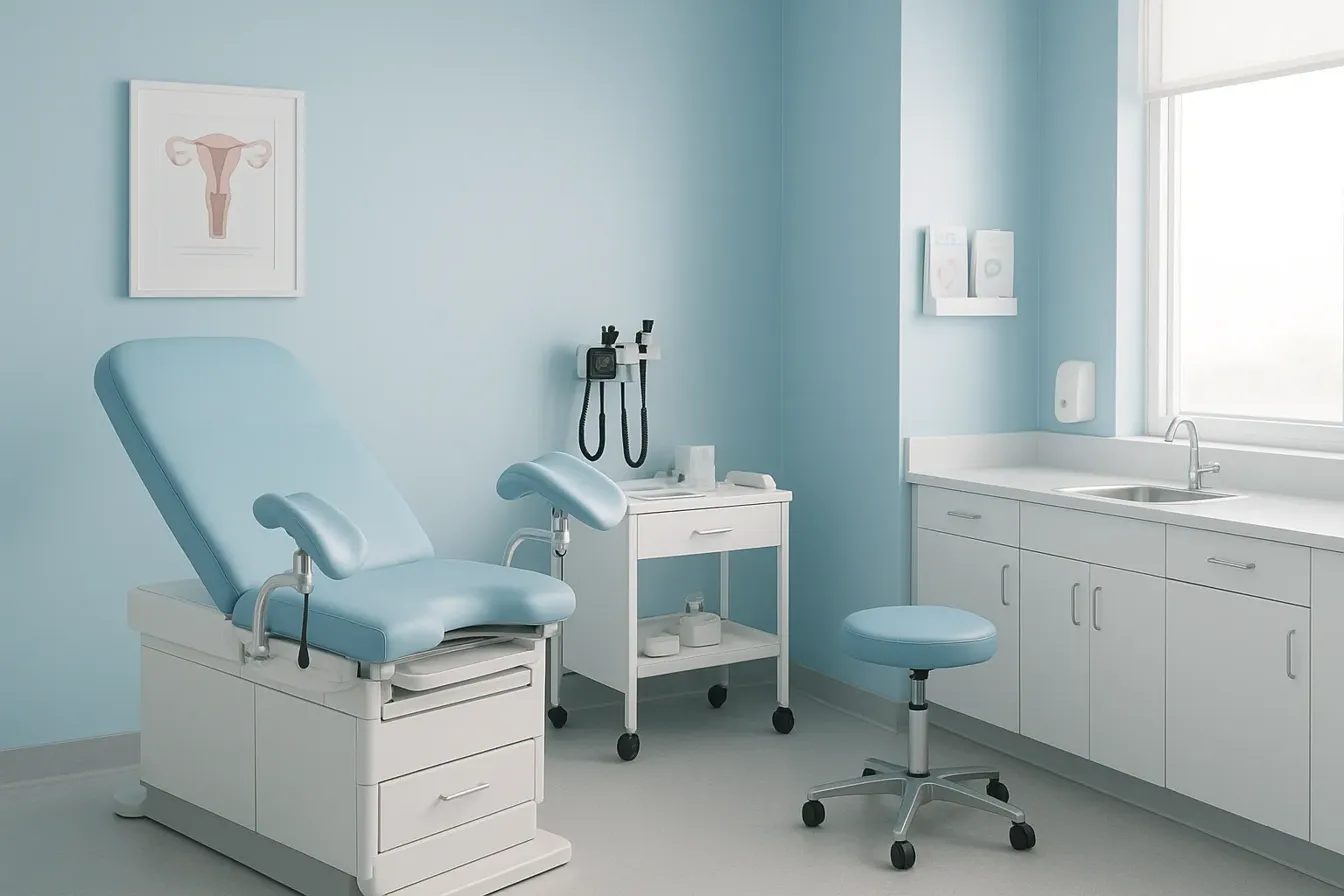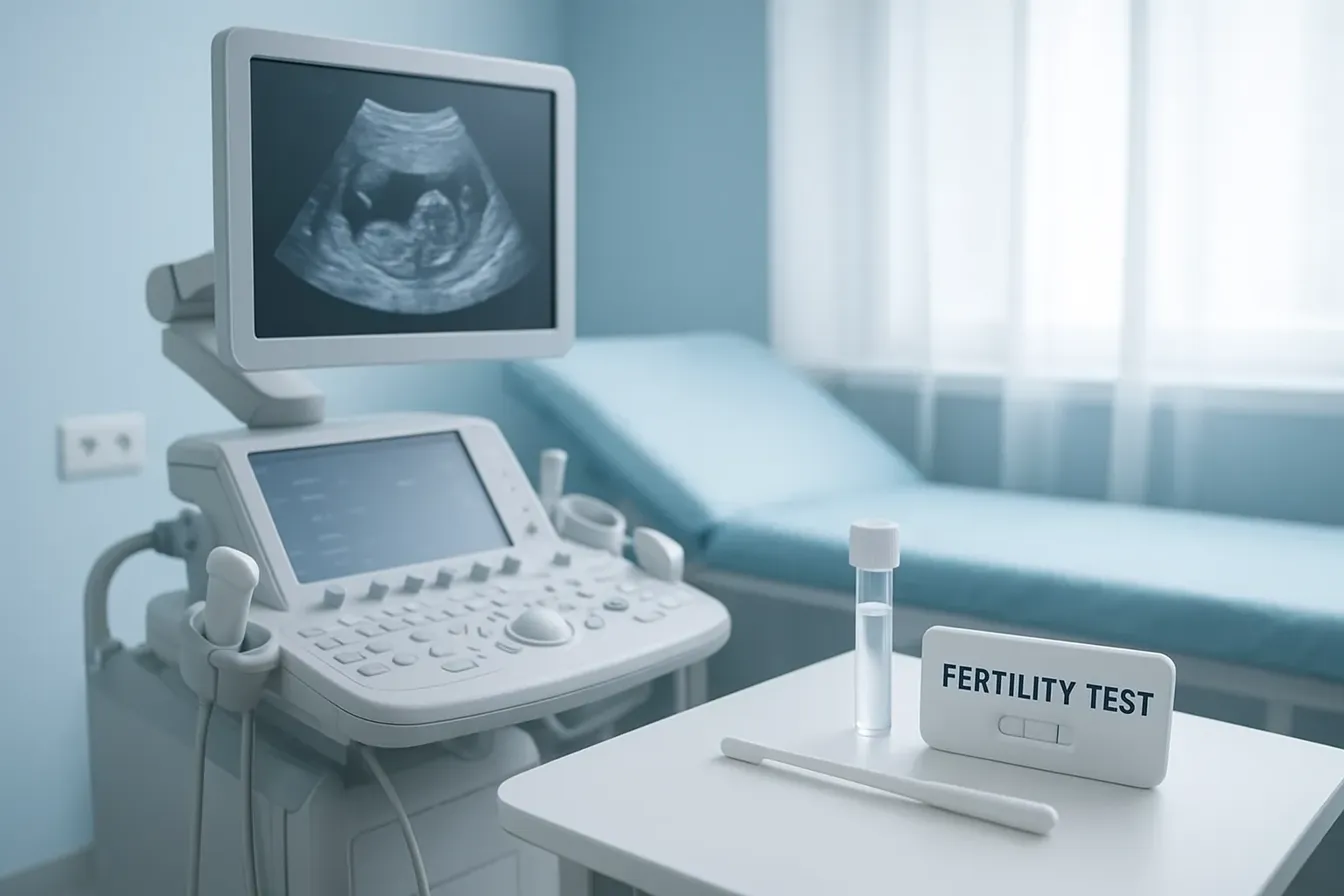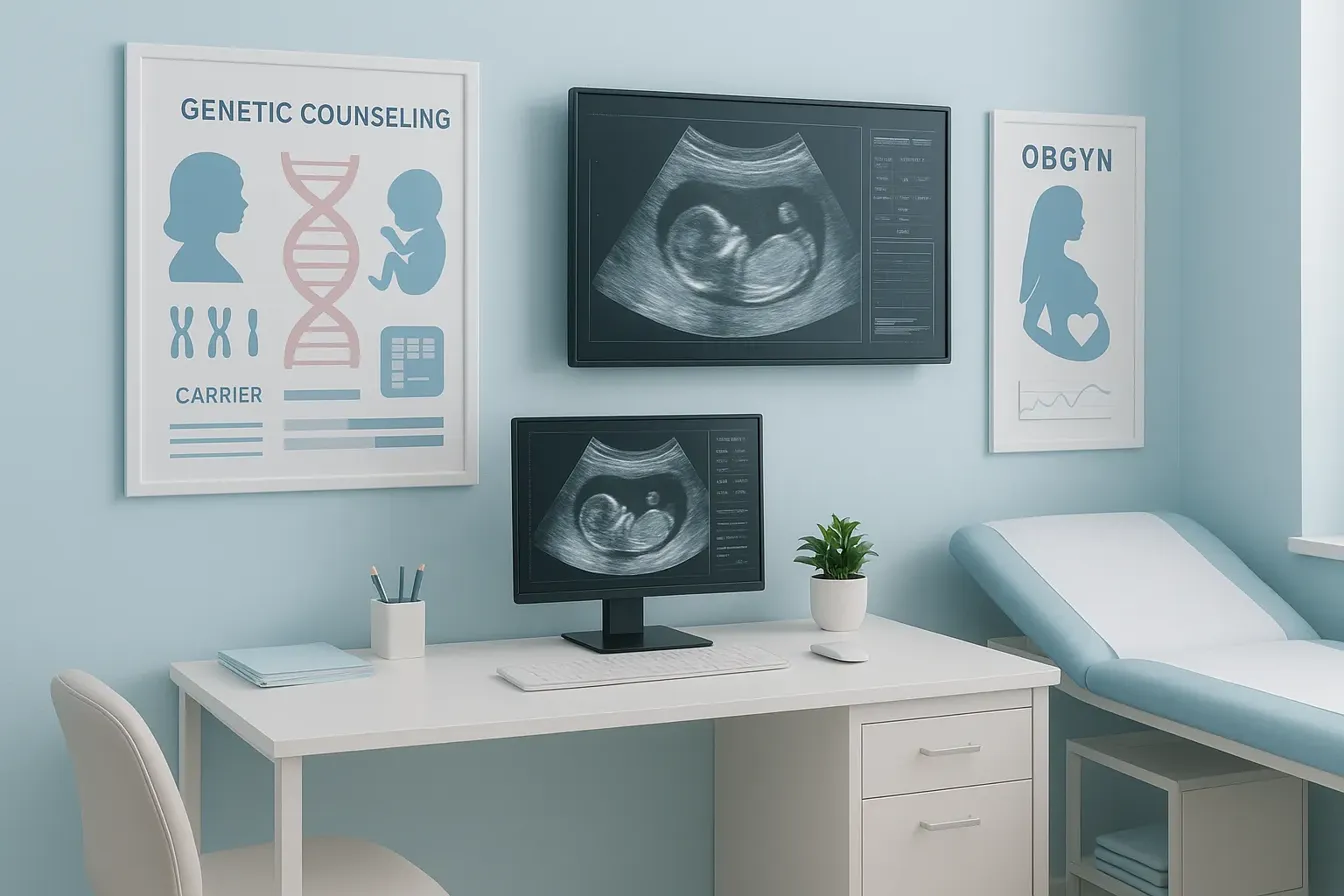Navigating Birth Control Choices: A Comprehensive Guide for Young Women

Routine screenings for cervical cancer are an effective way to lower your risk for long-term complications, including premature death. About 14,100 women will be diagnosed with this type of cancer each year, and nearly 4.280 will die from the disease.
The gynecology specialists at Raveco Medical follow the guidelines set by the American Cancer Society (ACS) and offer routine Pap smears in-office. They also provide preventive screenings for breast cancer and other conditions that affect women’s health.
Purpose of a Pap smear
A Pap smear is a minimally invasive procedure to collect a sample of cells from your cervix. The cell sample is then evaluated under a microscope to check for changes in cells that can indicate cervical cancer.
Most cervical cancers develop because of infections of the human papillomavirus (HPV), a virus that commonly spreads from person to person through sexual activity.
Because the disease doesn’t cause any symptoms until it progresses, a Pap smear is the only way to confirm cervical cancer. With early intervention, this type of cancer is treatable.
Cervical cancer screening guidelines
Previous guidelines from the American Cancer Society recommended preventive cancer screenings every three years for women starting at age 21. However, recent updates suggest women start cervical cancer testing at age 25.
Women 25-65 should schedule cervical cancer screenings every five years. Tests should include a Pap smear and an HPV test. If you only have a Pap smear, you should repeat the test every three years. For women 65 and older, no screenings are necessary if all prior Pap smears were normal.
If you have a personal history of cancer or other risk factors for cervical cancer, you may need more frequent screenings. Our providers at Raveco Medical discuss how often you need cervical cancer screenings based on your personal and family medical histories.
Other risk factors for cervical cancer include:
- Smoking
- Weakened immune system
- Many sexual partners
- Early sexual activity
Having chlamydia, gonorrhea, or other sexually transmitted diseases (STDs) can also increase your risk for developing cervical cancer.
Cervical cancer prevention strategies
In addition to staying on track with routine Pap smears, you can lower your risk of cervical cancer in several ways:
Vaccinations
Starting at age 9 until age 26, females can get an HPV vaccine to prevent infections. Only two doses of the vaccine are needed for girls who get their first dose before age 15. Girls who get vaccinated later require three doses for HPV protection.
Safe sex practices
It’s also important that you practice safe sex by using condoms to prevent the spread of STDs. Because having many sexual partners increases your cancer risk, you should also be mindful of the number of partners you have.
Quit smoking
If you smoke and find quitting difficult, our Raveco Medical providers can give you smoking cessation resources to help you quit for good.
If you’re not sure if you need a Pap smear, call the Raveco Medical office near you to book a consultation or schedule one online today.





.png)